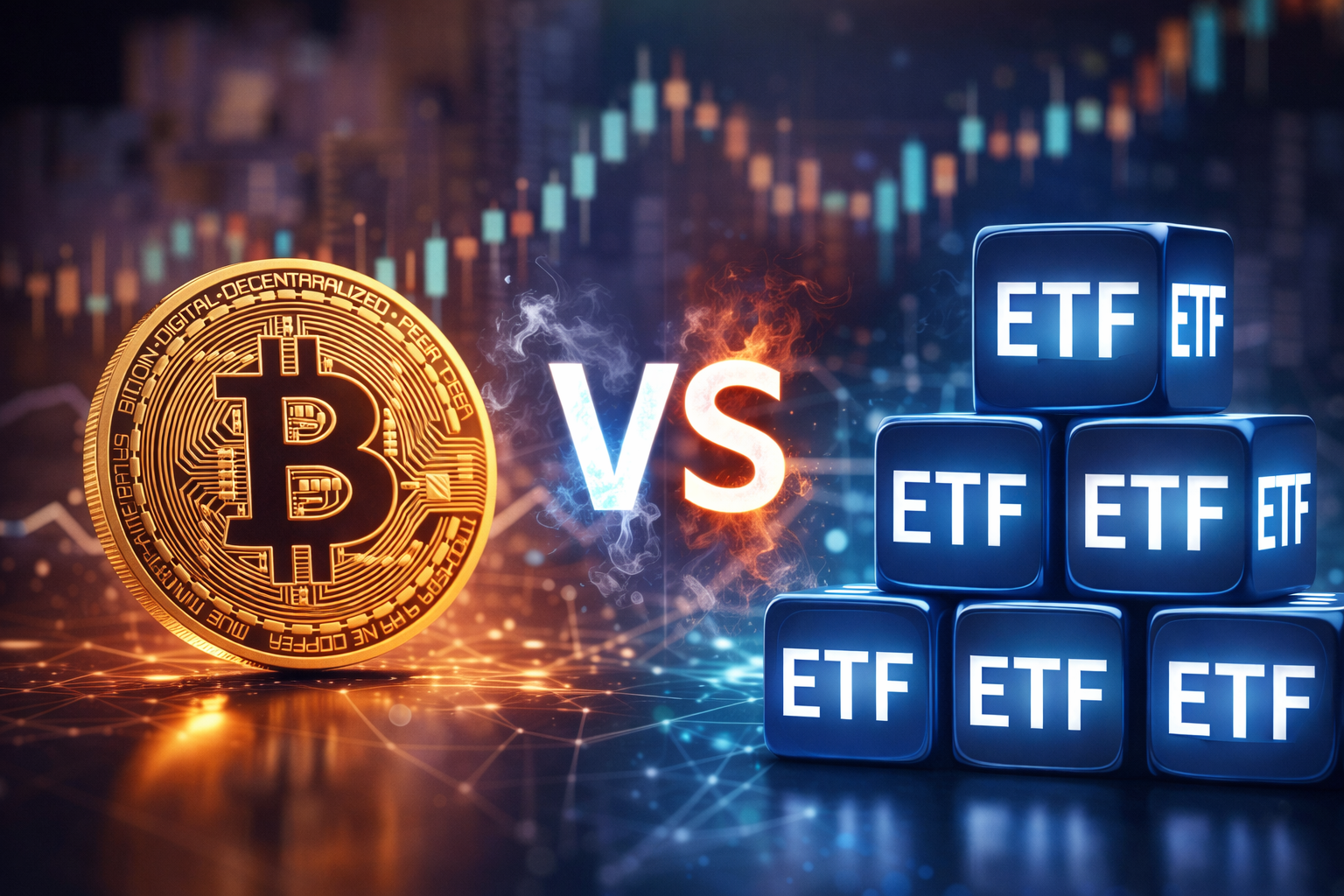David Agullo
Digital Currency Regulations Around the World

As digital currency’s change from speculative venture to a balanced portfolio stablemate continues to gather speed, governments all around the world stay isolated on the best way to manage the arising resource class. Beneath, we separate the current digital currency regulatory by country.
United States
Despite countless cryptocurrency investors and blockchain firms in the U.S, the nation hasn’t yet fostered a reasonable regulatory system for the resource class. The Securities and Exchange Commission (SEC) regularly sees cryptocurrency as a security, while the Commodity Futures Trading Commission (CFTC) calls Bitcoin (BTCUSD) a product, and Treasury considers it a currency. Crypto trades in the United States fall under the regulatory extent of the Bank Secrecy Act (BSA) and should register with the Financial Crimes Enforcement Network (FinCEN). They are required to follow hostile to tax evasion and combating the financing of terrorism (CFT) commitments.
In the meantime, the Internal Revenue Service (IRS) arranges cryptocurrencies as property for Federal annual tax purposes. Crypto investors should intently monitor a high-profile legal dispute between Ripple Labs, Inc and the SEC, as well as risks by the organization to sue leading computerized money trade Coinbase Global, Inc. (COIN) for additional regulatory clarity.
United Kingdom
The UK considers digital currency as property however not lawful delicate. Also, digital currency trades should register with the UK Financial Conduct Authority (FCA) and are restricted from offering crypto subsidiaries exchanging. In addition, the regulatory body has acquainted digital currency-specific requirements relating to know your customer (KYC), AML, and CFT. Although financial backers still pay capital additions charges on crypto exchanging benefits, more extensively, taxability relies upon the crypto activities attempted and who engages in the exchange.
European Union
Digital currency is lawful all through the majority of the European Union (EU), although exchange administration relies upon individual member states. Meanwhile, tax assessment also fluctuates by country within the EU, going from 0 to half. As of late, the EU’s Fifth Anti-Money Laundering Directive (5AMLD) and 6AMLD have become effective, which fix KYC/CFT commitments and standard detailing requirements. In September 2020, the European Commission proposed the Markets in Crypto-Assets Regulation (MiCA)— a system that builds shopper protections, sets up clear crypto-industry conduct and presents new authorizing requirements.
Canada
Regulators have commonly taken a proactive position toward crypto in Canada. It turned into the first nation to endorse a Bitcoin exchange-traded fund (ETF) in February 2021. Also, the Canadian Securities Administrators (CSA) and the Investment Industry Regulatory Organization of Canada (IIROC) have explained that crypto exchanging platforms and sellers in the nation should register with common regulators. Moreover, Canada classifies crypto venture companies as currency service organizations and requires that they register with the Financial Transactions and Reports Analysis Center of Canada. From a tax assessment stance, Canada treats digital currency like other items.
Australia
The land down undertakes a generally proactive position toward crypto guidelines. Australia characterizes digital currencies as legitimate property, which hence makes them subject to capital gains charges. Trades are allowed to work in the nation, furnished they register with the Australian Transaction Reports and Analysis Center (AUSTRAC) and meet explicit AML/CTF obligations. In 2019, the Australian Securities and Investments Commission (ASIC) presented regulatory prerequisites for initial coin offerings and restricted trades offering privacy coins.
Singapore
Similar to the UK, the island state classifies digital currency as property however not legitimate delicate. The country’s Monetary Authority of Singapore (MAS) licenses and manages trades as laid out in the Payment Services Act (PSA). Singapore, in part, gets its reputation as a digital currency safe haven because long-term capital increases are not taxed. In any case, the nation charges organizations that consistently execute in digital currency, regarding gains as income.
Latest
Bitcoin
05 Feb 2026
Bitcoin
03 Feb 2026
Bitcoin
20 Jun 2024
Bitcoin
09 May 2024
Bitcoin
19 Apr 2024













